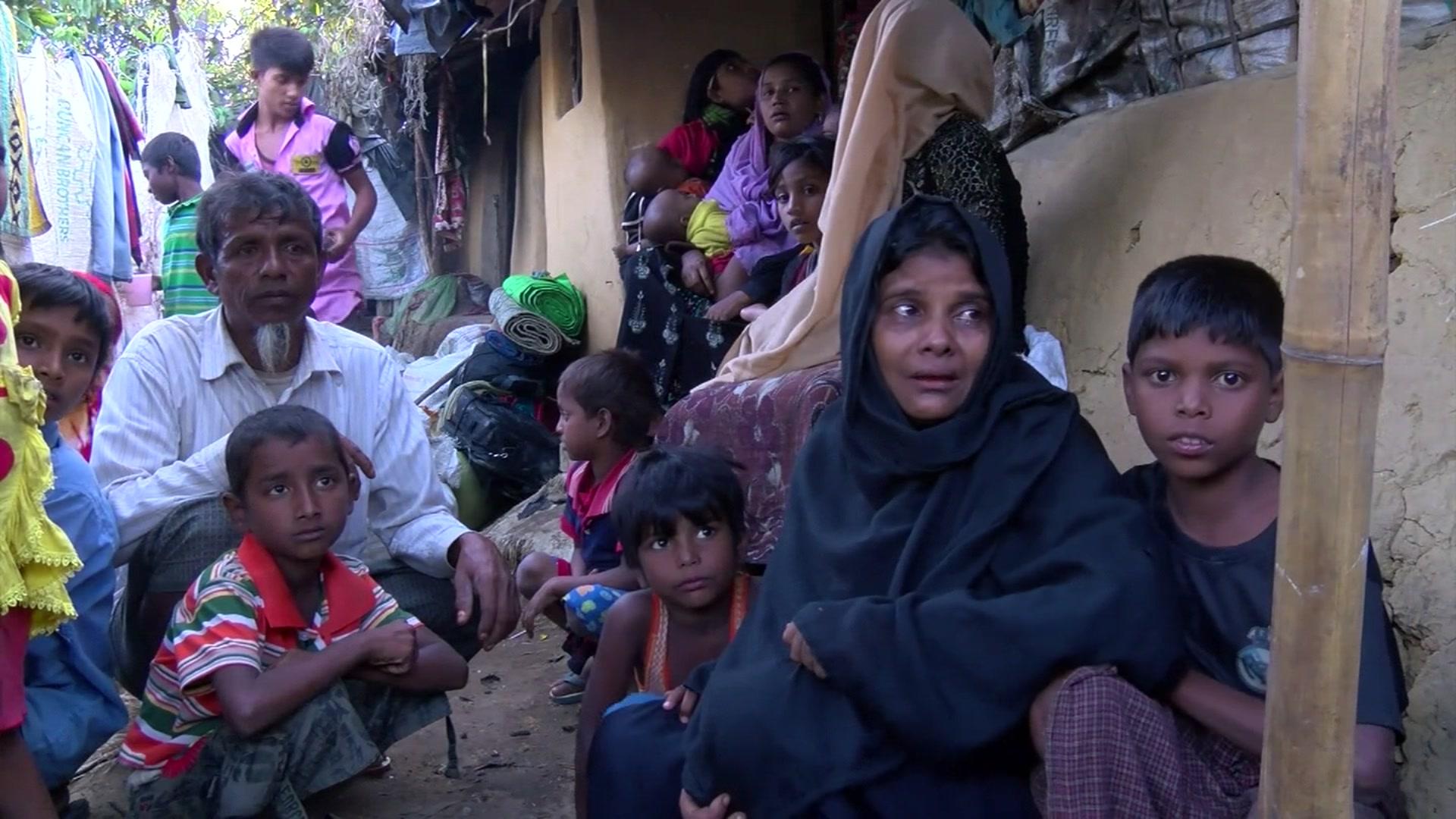Myanmar: Top UN official in Myanmar to be changed
- Published

Renata Lok-Dessallien is currently on leave
The United Nations has confirmed that its top official in Myanmar is being moved from her position.
Diplomatic and aid community sources in Yangon told the BBC the decision was linked to Renata Lok-Dessallien's failure to prioritise human rights.
In particular, this referred to the oppressed Rohingya Muslim minority.
Internal UN documents - shown to the BBC - said the organisation had become "glaringly dysfunctional", and wracked by internal tensions.
A UN spokeswoman confirmed Ms Lok-Dessallien, a Canadian citizen, was being "rotated", saying this had nothing to do with her performance which she said had been "consistently appreciated".
Rohingya Muslims "hated and hounded from Burmese soil"
Late last year as tens of thousands of Rohingya fled rape and abuse at the hands of Burmese soldiers, the UN team inside Myanmar was strangely silent.
Ms Lok-Dessallien and her spokesman declined simple requests for information; and on one absurd occasion she visited the conflict area, but on her return refused to allow journalists to film or record her words at a press conference.
The BBC was told that on numerous occasions aid workers with a human rights focus were deliberately excluded from important meetings.
Those moments reflect a wider criticism of Ms Lok-Dessallien and her team, namely that their priority was building development programmes and a strong relationship with the Burmese government - not advocating that the rights of oppressed minorities, like the Rohingya, should be respected.
In an internal document prepared for the new UN secretary general, the UN team in Myanmar is described as "glaringly dysfunctional" with "strong tensions" between different parts of the UN system.
Ms Lok-Dessallien is currently on leave but has been told that her position is being upgraded, bringing her role to an end after three-and-a-half years, rather than the usual term of up to five years.
- Published22 November 2016
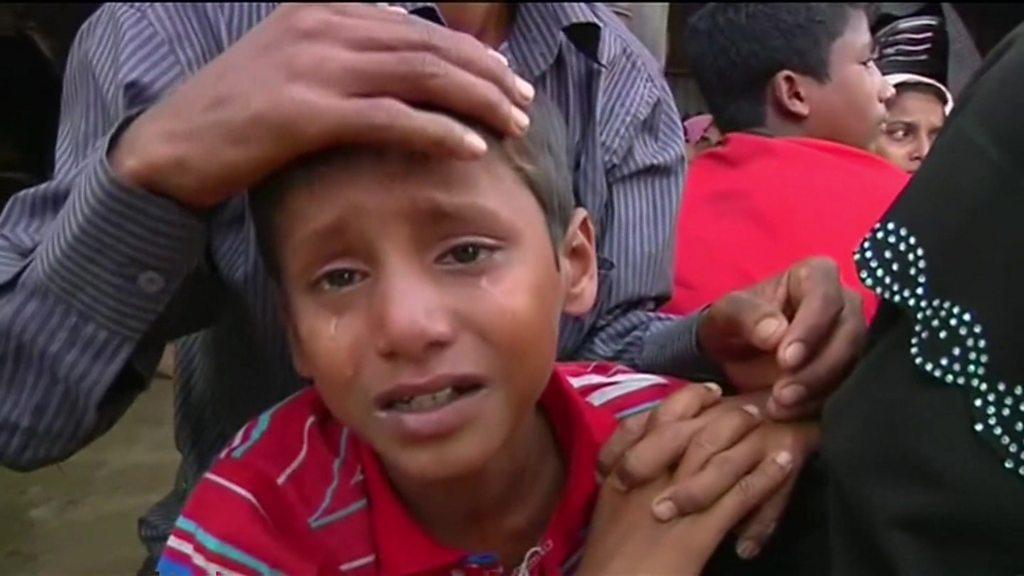
- Published24 March 2017
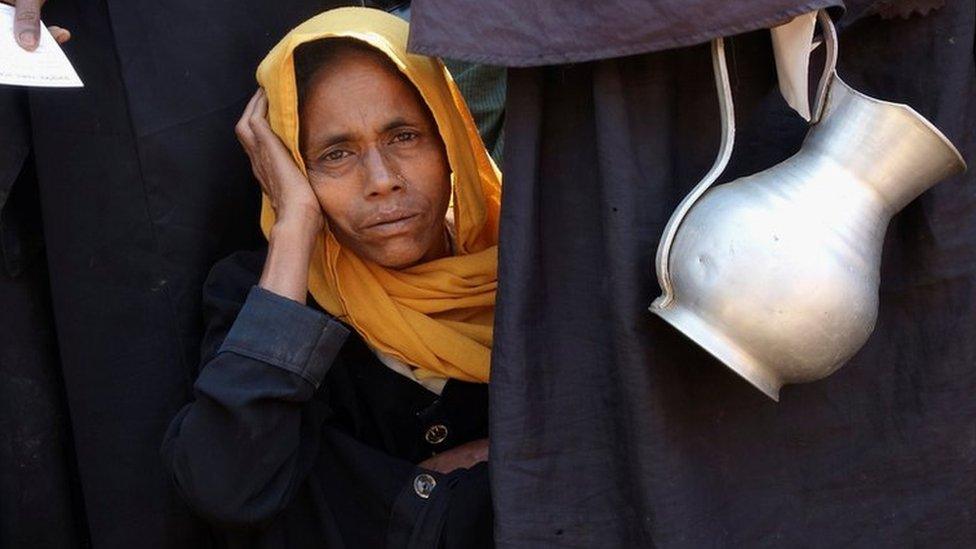
- Published10 March 2017
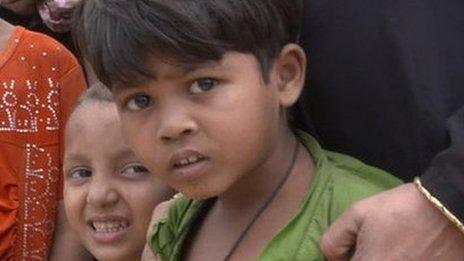
- Published11 March 2017
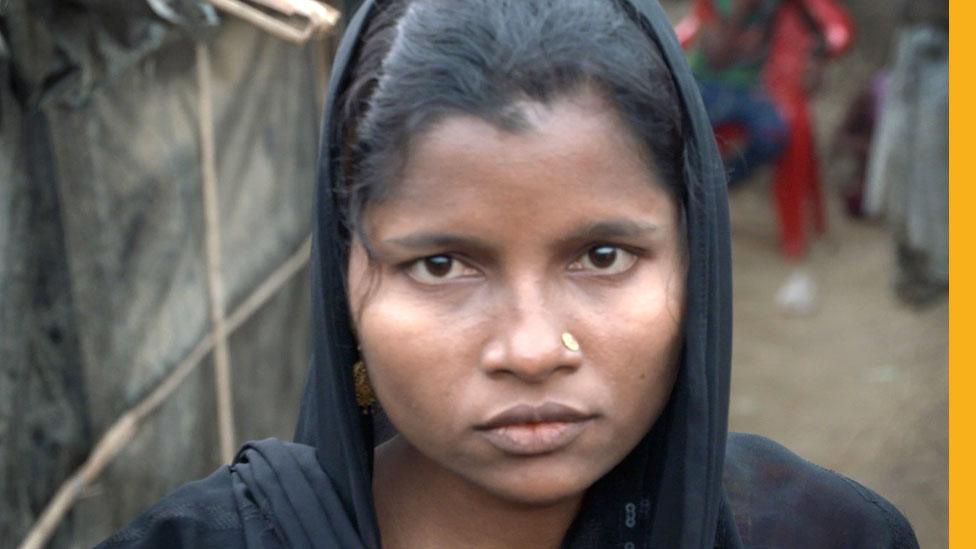
- Published3 February 2017
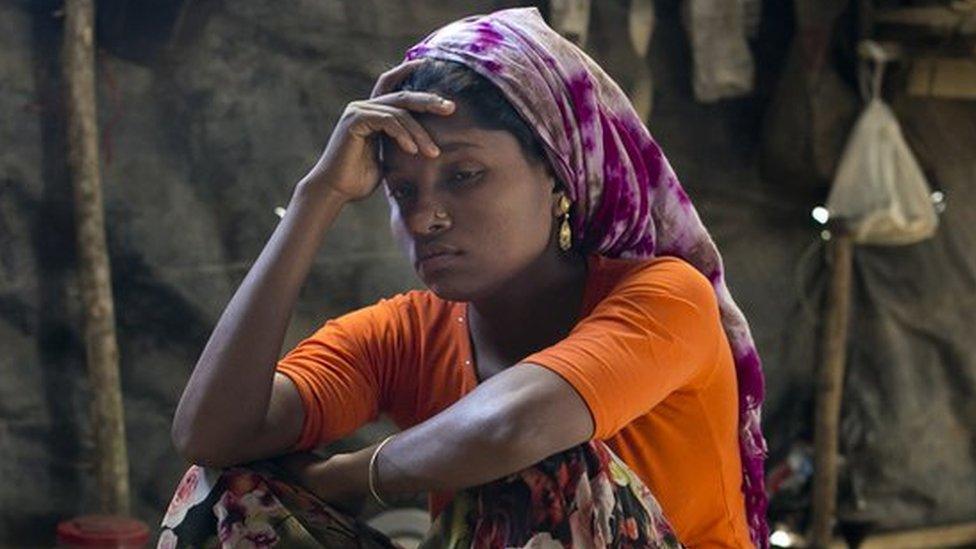
- Published27 January 2017

- Published10 January 2017
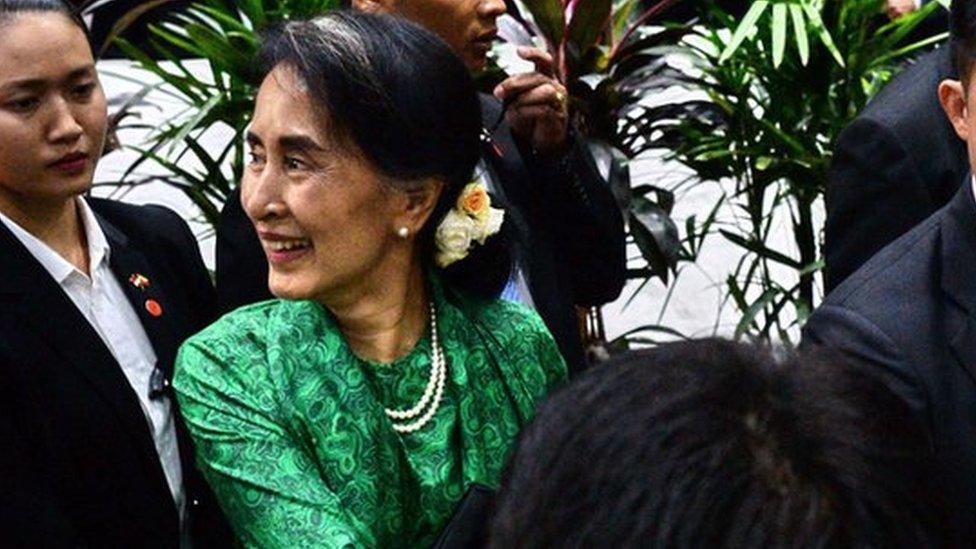
- Published24 November 2016
